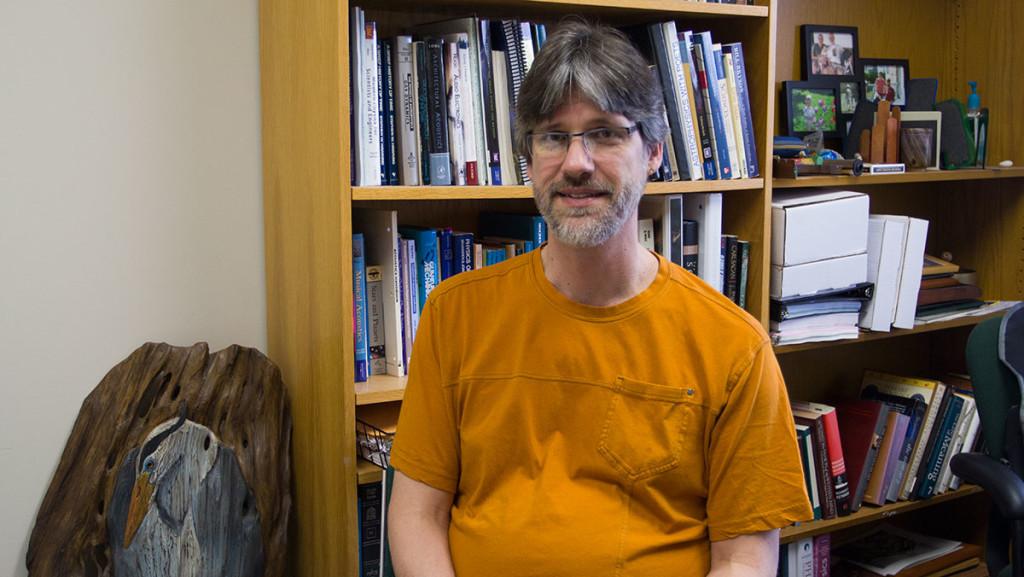The completed draft of Ithaca College’s self-study report for reaccreditation has been made available to the campus community for an additional round of comments during the month of September.
The document is part of the reaccreditation process that began in Fall 2015. It is the culmination of all seven standards groups’ reports of how the college is meeting different criteria set by the Middle States Commission on Higher Education in order for the college to receive accreditation. The document will be given to Middle States representatives when they arrive on campus in February, Luke Keller, co-chair of the self-study and Dana professor of physics and astronomy, said.
Middle States representatives will be on campus Feb. 25–28 in 2018 to see if the college meets the criteria mentioned in the final report. The final accreditation decision will be made in June, he said.
Keller said the comment period for the final draft is open from Sept. 5 to 30. Anyone from the campus community is invited to comment anonymously with suggestions and ideas to better convey how the college is fulfilling different criteria.
Reaccreditation ensures that the college can keep receiving federal financial aid. If an institution were to lose its accreditation, the value of its degrees would decrease.
The seven different self-study groups produced drafts in Spring 2017 detailing their recommendations and suggestions for how the college could improve. The seven standards for evaluation are: mission and goals; ethics and integrity; design and delivery of student learning experience; support of the student experience; educational effectiveness and assessment; planning, resource allocation and institutional improvement; and governance, leadership and administration.
After the drafts were released, suggestions for improvement were generated by the college community in a first monthlong comment period. Several of the comments from this were worked into the finished document that was released Sept. 5, Keller said. These comments are suggestions made by the community about how the self-study report could better reflect how the college is meeting criteria set by Middle States.
Stanley Seltzer, associate professor of mathematics and co-chair for the standard VII group of the self-study report, said Middle States is focusing more on schools providing evidence to back up claims of improvement. They are looking for evidence to support that colleges are meeting the goals they set, he said.
“There’s more emphasis on assessment this time around,” Seltzer said.
John Barr, professor of computer science and co-chair of the standard I group of the self-study report, said his group wanted to look at how closely the college was following the goals it has set out to accomplish.
“We went to all the major units, all the schools,” Barr said. “We talked with all the deans and asked, ‘What’s your process? How do you define your mission and goals?’”
Middle States will decide whether or not to add suggestions on how to improve the college’s report based on the group’s evaluations.
Keller said he does not expect too many comments during the second round but welcomes any that arise.
“I don’t expect we will get much feedback, and the reason for that is that it’s basically the final draft now,” he said. “People who read it will see we’ve incorporated what they’ve asked.”








